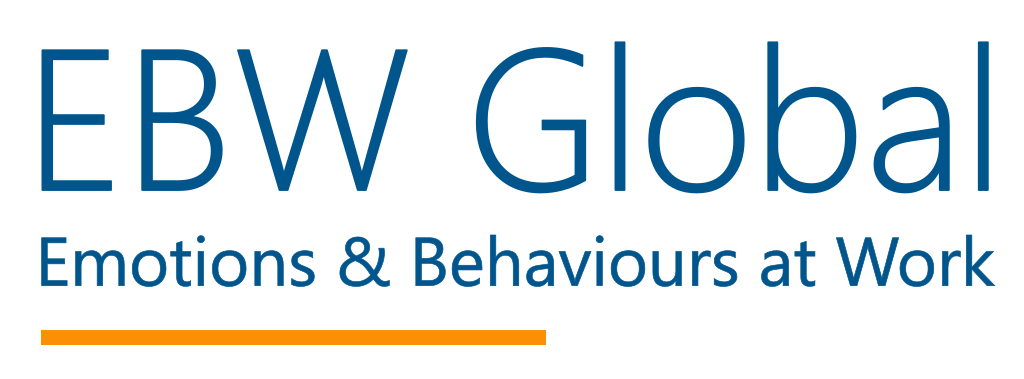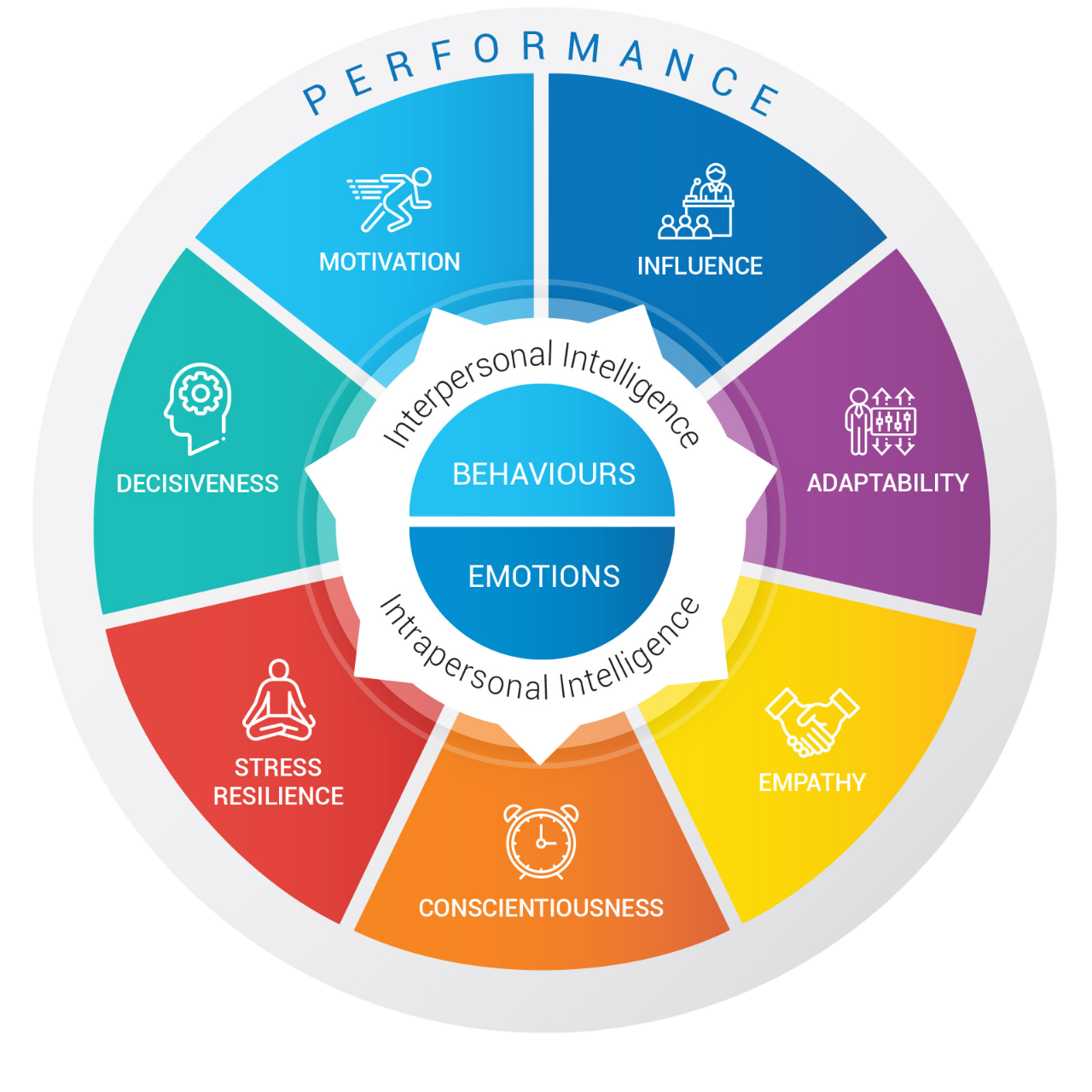Can you trust your emotions at work?
“How do you feel?” is a simple and commonly asked question that often belies the complex nature of what is going on with us.
For example, if you are nervous where and how do you feel that emotion?
And how do those feelings change your behaviour?
Most of us use our emotions as a barometer to inform our decisions and how we are going to behave.
But should we trust our emotions?
New research from Finland, published in the research journal PNAS, suggests that our ability to be aware of our emotions and the context of how we understand ourselves is important to trusting our emotions.
Neuroscientist Lauri Nummenmaa and her colleagues, recruited 1,026 participants and asked them to complete an online survey designed to assess how they perceive 100 “core” subjective feelings, compiled from the American Psychological Association’s Dictionary of Psychology, ranging from homeostatic states such as hunger and thirst, to emotional states such as anger and pleasure, and cognitive functions such as imagining and remembering.
Above: Maps of our how we feel our emotions in our bodies.
The outcome of the research and their previous research over the last 5 years, was used to produced detailed maps of our how we feel our emotions in our bodies (see image).
Their maps show that our emotions are associated with a unique set of bodily sensations.
The brighter colours are where the core emotion is felt.
As you can see anger is mostly felt in the head and hands, anxiety mostly in the chest and sadness in the chest and head.
What is interesting is that many emotions appear to be associated with feelings in similar areas of the body.
For example, they found that both anger and fear were associated with intense bodily sensations in the head and chest.
This result adds to past work showing that both these emotions involve remarkably similar physiological changes to the body.
So why is this important for managers and leaders?
The EBW View
This research shows why - when making decisions and interacting with others, we need to think about the context to help us interpret the emotional meaning of our bodily sensations rather than focusing just on how we feel.
How we feel and how we interpret that sensation will be in a large part governed by the context that we are feeling those emotions in.
With certain emotions being felt in similar areas of the body confusing the emotional meaning of our "gut feelings" may be more likely for those people who are not so aware of their emotions and behaviours at work.
The new results provide yet more evidence for the emerging idea that the body plays a crucial role in cognitive and emotional processes – something which has, until very recently, been overlooked.
In other words, says study co-author Riita Hari, “the human mind is strongly embodied.”
Using Business Emotional Intelligence assessments helps leaders and teams build awareness and focus on the critical emotional behaviours that drives their decisions, relationships and their performance.
Next time you are feeling out of sorts or going through a difficult time at work - why not use the emotional map above and the EBW Emotional Intelligence wheel to check-in with how you are doing?
Ask yourself: Why are feeling out of sorts? Write down your answer
How do you feel about it? Write it down
Now where do you feel it? Write down where you feel it
Where does the emotional map suggest you should be feeling your emotions?
What does that mean for your behavioural response to the issue and how you will interact with others?
If you want to improve the way leaders and teams work together, focusing on Emotional Intelligence will be the key tool for all leaders and managers who want to build better teams and organisations.
Discover How Business Emotional Intelligence Transforms Leaders and Teams
If you would you like your leaders and teams to improve their decisions and the way they work together, click a button below to see how investing in Business Emotional Intelligence can make a difference or find an EBW Certified Partner to help you.



